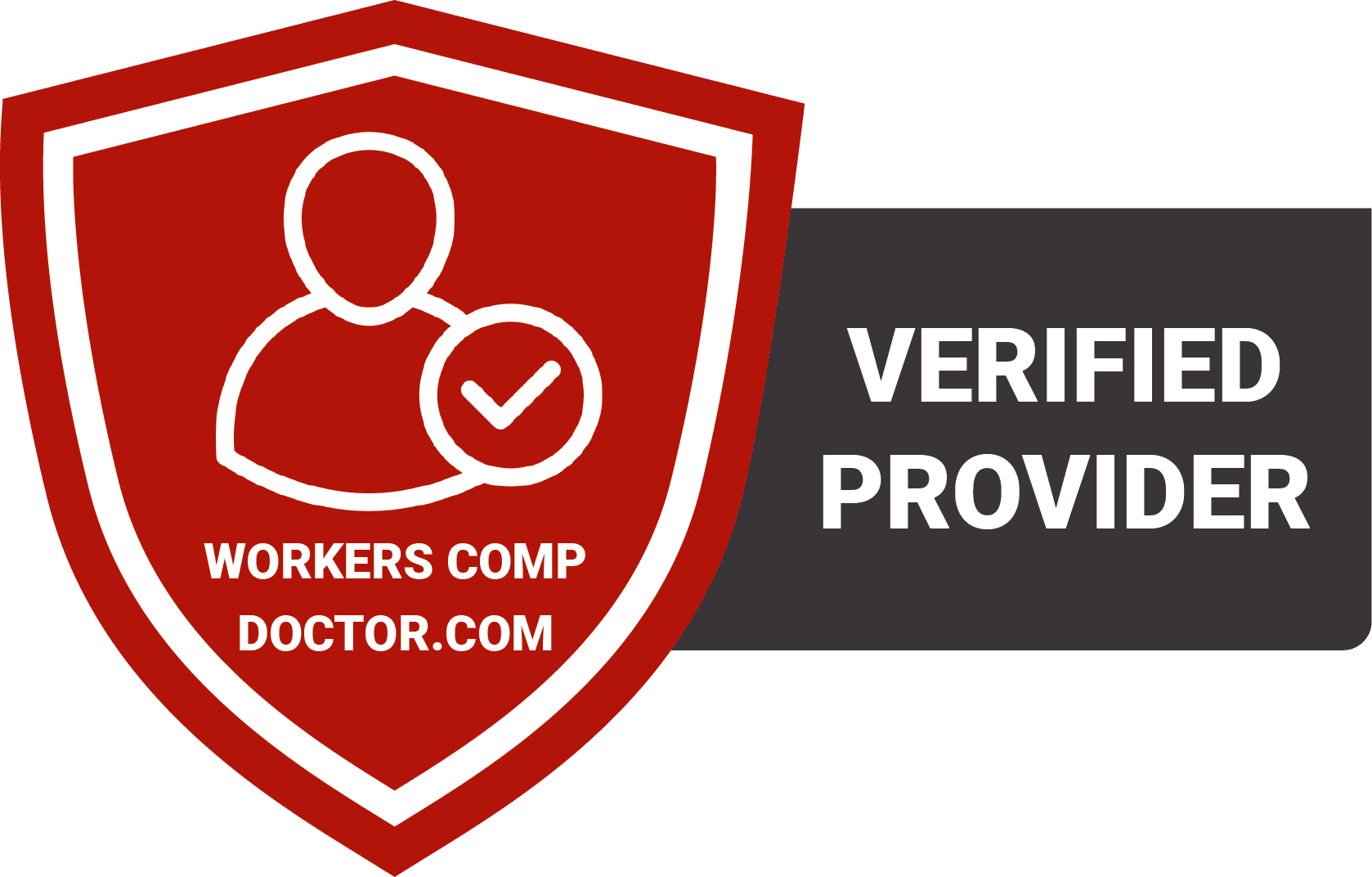Car accidents are notorious for causing nerve damage and insurance companies can be difficult to deal with. From peripheral to central nervous system issues, car accident injuries can be the catalyst for lasting pain and discomfort.
Rather than suffer from the instant or delayed onset of symptoms due to a pinched nerve, it is important to seek medical treatment immediately following your car accident. This is to ensure the most accurate diagnosis, and creation of a treatment plan to mitigate acute pain, chronic pain and address all underlying injuries.
Find out the most successful ways to treat a pinched nerve after a car accident and why the best care plans come from the Medical Clinics of New York City.
Different Terms, Same Hurt Nerve

You may have heard people discussing having a pinched nerve after their car accident injury. You may have also overheard other people complaining about the pain from their compressed nerves. A pinched nerve and a compressed nerve are the same. No matter the term, swelling surrounding the injured region creates pain and discomfort.
Symptoms of Damaged Nerves

Frequently, nerve damage from a car accident can heal independently with a combination of extended rest, physical therapy, and medically managed pain control. If untreated, however, injured nerves can turn into damaged nerves, which can cause serious long-term issues and other health problems. Common symptoms of a pinched or compressed nerve include:
- Radiating or pinpoint pain
- Tingling or burning warmth
- Extremities “falling asleep.”
- Weakness
- Numbness
- Stiffness
- Limited mobility
- Loss of range of motion
Delayed Symptoms of Nerve Damage

If you have been in a car accident and are experiencing any of the symptoms of damaged nerves, consult your doctor immediately. Even if you received emergency medical care directly following your accident, go to a skilled neurologist in Brooklyn, NY, and report your symptoms at Medical Clinics of New York City. Many symptoms after a car accident are delayed due to shock, tissue swelling, and compounded injuries. You may overlook the signs and symptoms unless they are apparent or life-threatening. For this reason, you should seek care immediately.
Diagnoses of Compressed Nerves
When you return for additional assessment, your doctor will go through a series of evaluations and questions to determine an accurate diagnosis. You can expect the following diagnostics when uncovering more information about whether or not you have a pinched nerve:
- Physical exam
- Interview
- Performance diagnostics
- Nerve conduction tests
- Electromyography
- Ultrasound
- MRI
- X-ray
Treatment of Injured Nerves

Nerves are damaged due to constant pressure from all sides by an external force that isn’t supposed to be there. In some cases, the foreign force will turn out to be inflammation, and in other cases, a broken bone may be pressing on a nerve bundle, causing problems. The first step in reducing recovery time is an accurate diagnosis and a care plan based on that data.
The next step is creating a treatment plan that will address the issues at hand and manage chronic pain or discomfort. Treatments range from medications, rehabilitative exercises, and surgery if necessary.
Education
The first and most important aspect of recovery after a car wreck is learning more about your specific nerve damage. Your neurologist in the Bronx will inform you what your injuries are and what you need to do to improve them. Healing doesn’t only involve exercise and pills, and your care team will likely recommend lifestyle changes in addition to any other prescribed support.
Movement
Precise and meaningful movement is necessary for muscle stimulation and growth. Pinched nerves happen when the surrounding areas are injured or inflamed, and your nerves gets compressed. Movement helps increase flexibility and reduce inflammation. Sometimes, movement will include a series of exercises, tai chi or yoga. Other times, prescribed walking for 15 to 30 minutes a day will suffice to help your compressed nerve injury.
Physical Therapy & Chiropractic
Physical therapy and chiropractic care is essential to rebuild strength and stamina from nerve damage. No matter how minimal, nerve damage can cause lasting effects if not treated properly. Suppose the nerve damage you sustained during the collision is very severe. In that case, your injury doctor may also prescribe occupational therapy combined with physical therapy to learn new ways to live with your injury.
Medicine

Medically managed pain control is a controversial issue. Soft tissue injuries can be so severe that pain medicine is the only way to return to your normal activities. Pain medications can become addictive. There are alternatives. Alternatives to pain management include chiropractic care and physical therapy to address pain and discomfort.
Surgery
Surgery is typically the last option that any health care provider and patient want to explore, but sometimes it is necessary. Before undergoing surgery, specialists will investigate other less invasive options that require less time to heal. If surgery is the only option, nerve decompression procedures are minimally invasive.
- Laminotomy or foraminotomy shaves off part of the lamina to create a larger opening.
- Laminectomy is the complete removal of the lamina.
- Discectomy is the removal of just part of a disc that is compressing a nerve.
Support

In most cases, people with mild nerve damage are released within hours after diagnosis and treatment at the hospital or their doctors’ office. To continue your care at home, your doctor will recommend one, or a combination of all of the following approaches to take care of a pinched nerve at home:
- Hot/cold treatment
- Topical analgesic creams
- Stabilize with braces or splints
- Aquatic exercises
- Strength building
- Flexibility training
Car Accident Doctor in New York City
Consult the expertise of one of our neurologists at the Medical Clinics of New York City about how to treat a pinched nerve after a car accident. Learn more about compressed nerves and your treatment options by scheduling an appointment today. Our injury doctors accept no-fault, workers’ compensation, PIP (Personal Injury Protection), and other insurance plans.


